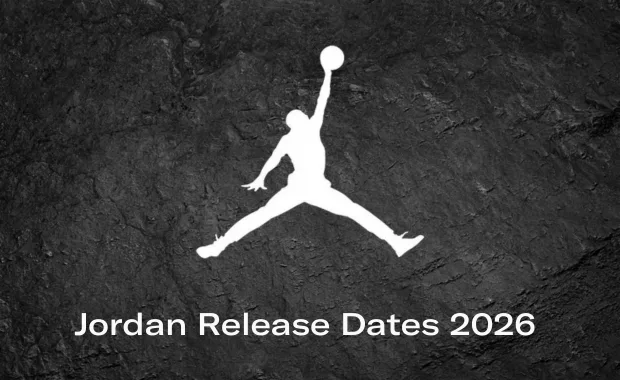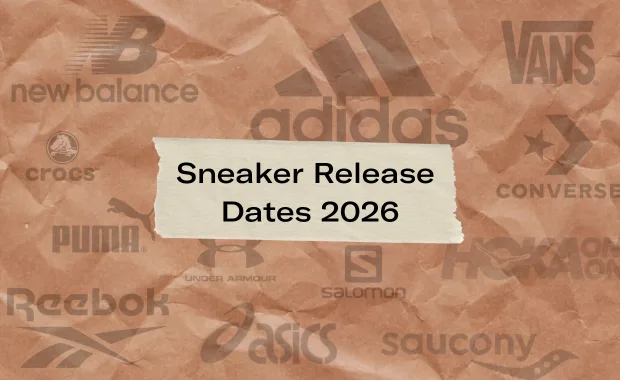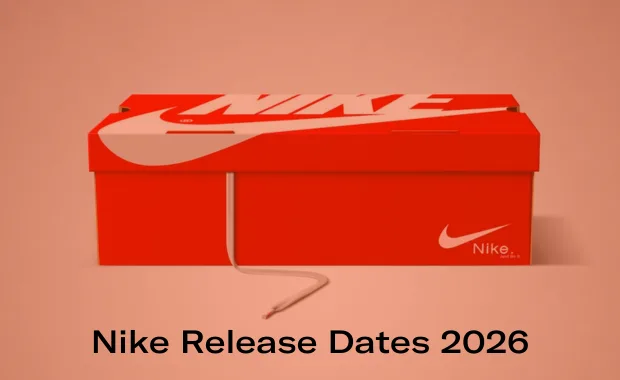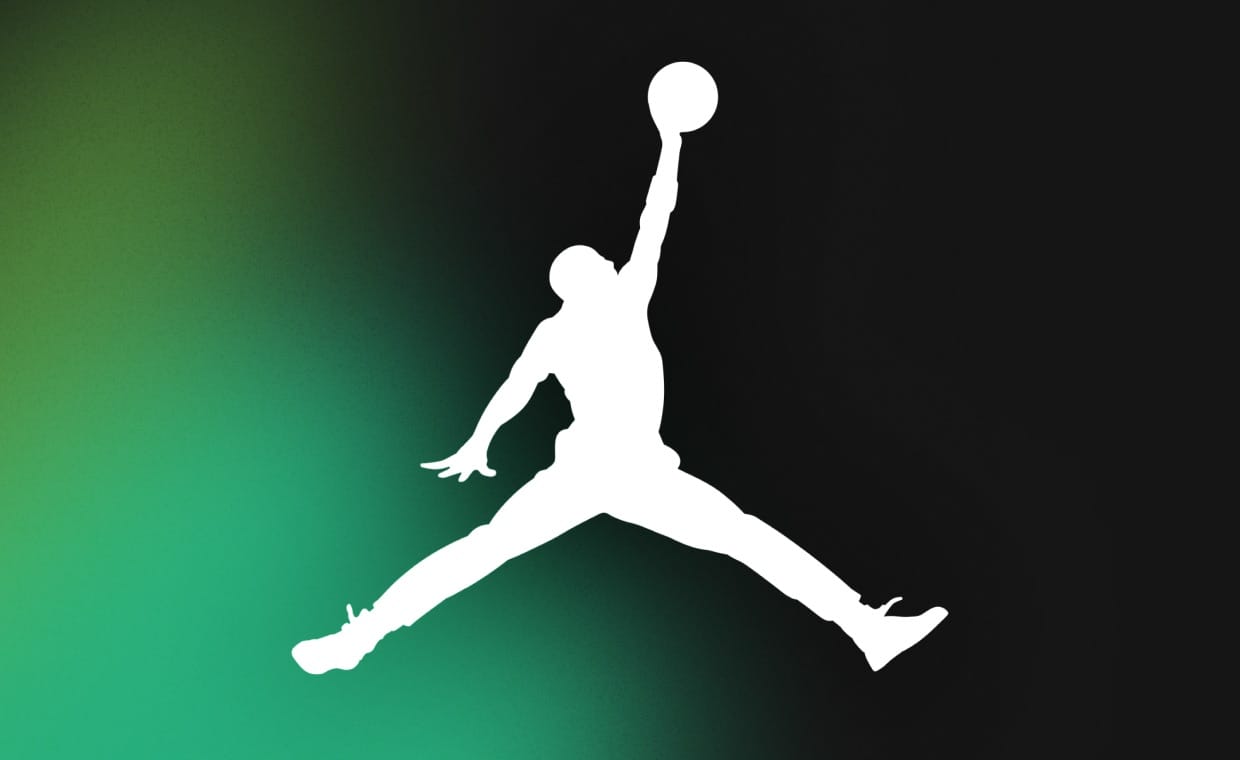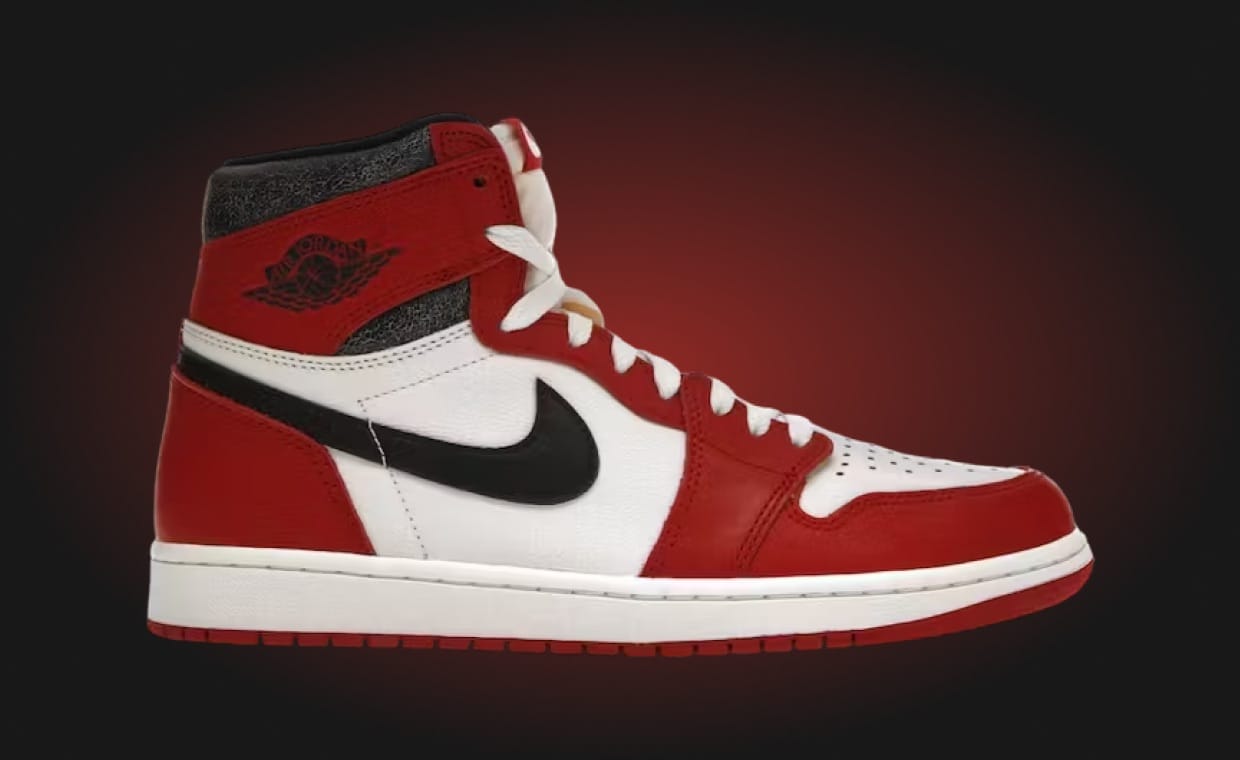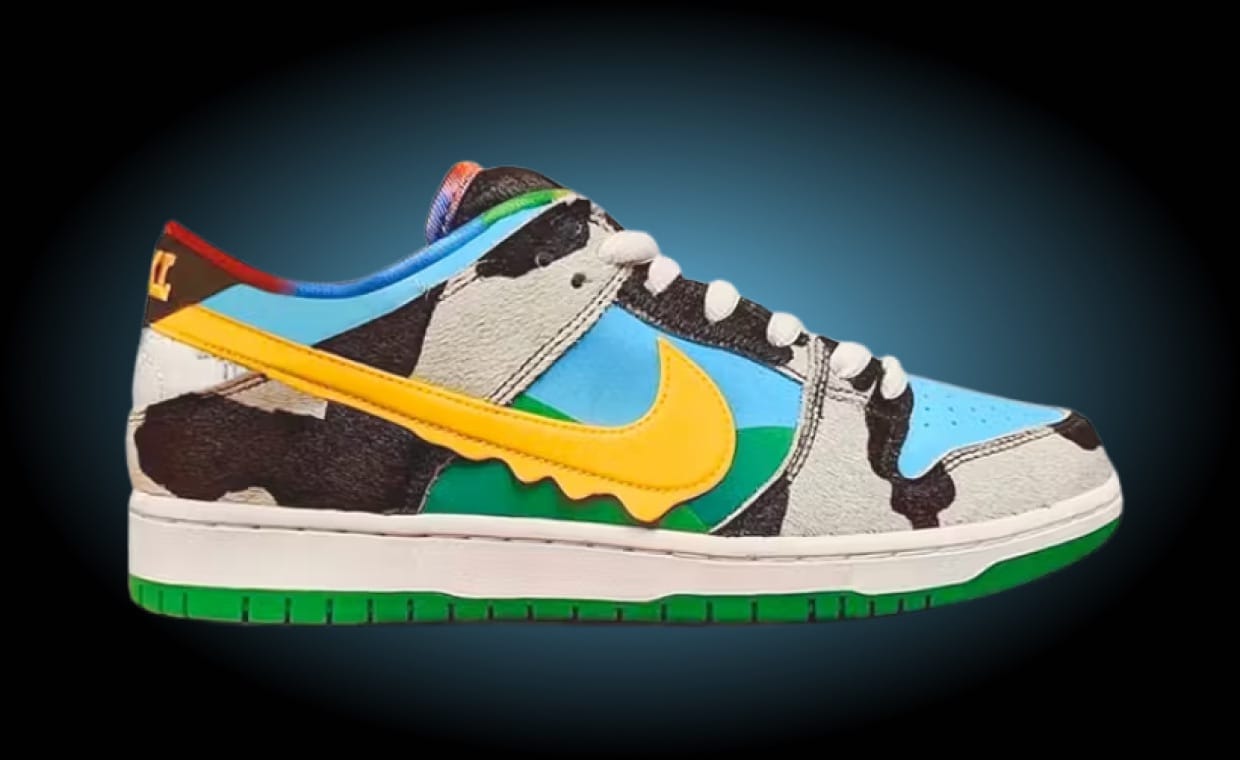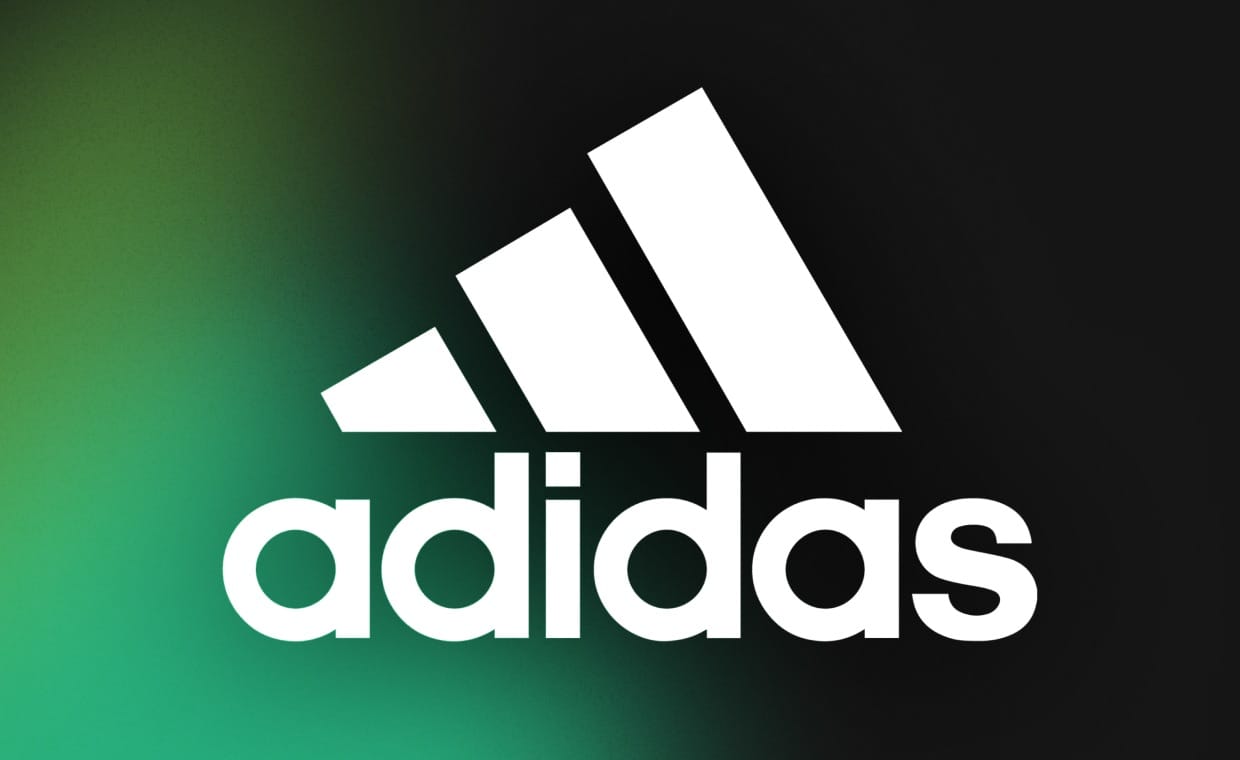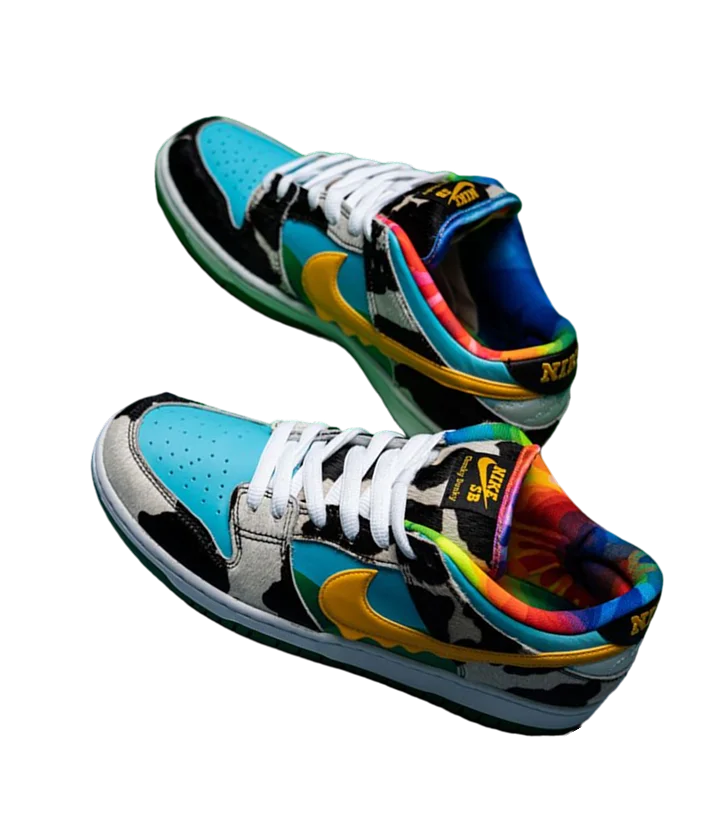Behind the Curtain: Will StockX's Authentication Process be Revealed in Nike Lawsuit?
Published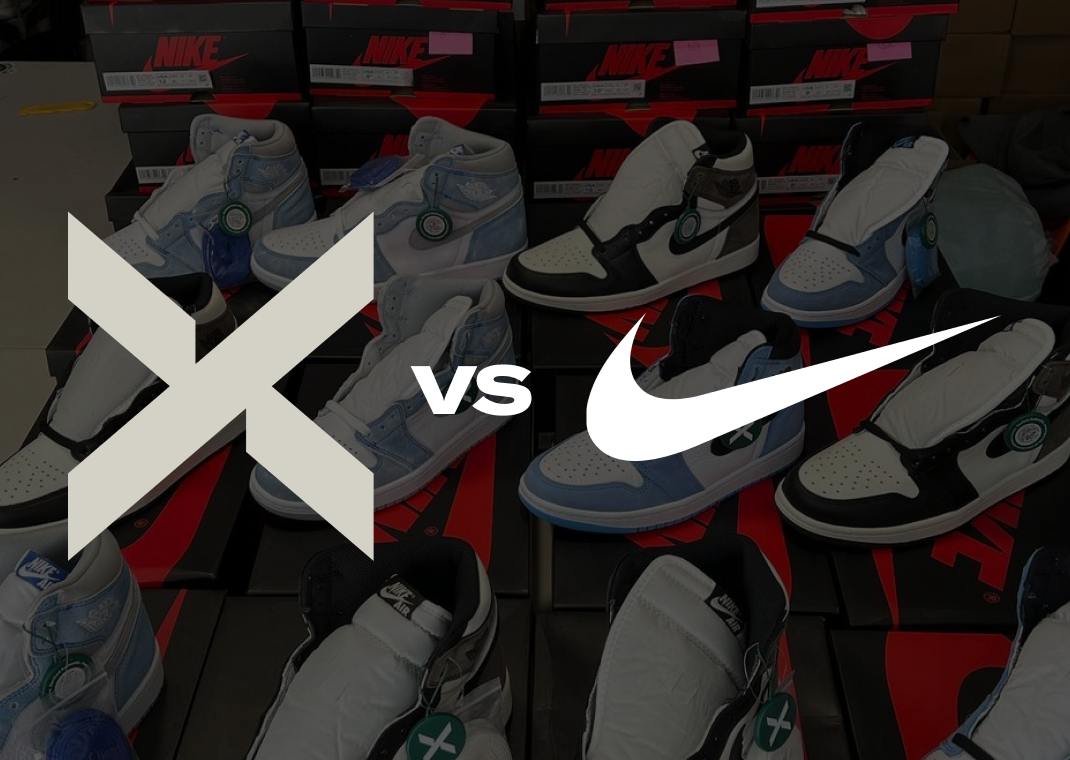
StockX has been ordered to produce documentation on how it handled authentication for 38 pairs of sneakers sold through its platform that Nike alleges are fake. The judge ruled Wednesday that such results are not privileged after Rusell Amidon, senior director of Account Management for StockX, testified that some of the shoes at hand are “possibly inauthentic,” as first reported by Sneaker Legal.
This latest development comes as part of Nike’s ongoing lawsuit against StockX. The sportswear giant originally filed suit last year against the resale platform over StockX’s use of Nike sneakers in its “Vault” NFT series, with the case later expanding to include accusations of counterfeiting and false advertisement. In March, Nike produced evidence of a buyer who allegedly received 38 pairs of fake Air Jordan 1s that had been authenticated by StockX.
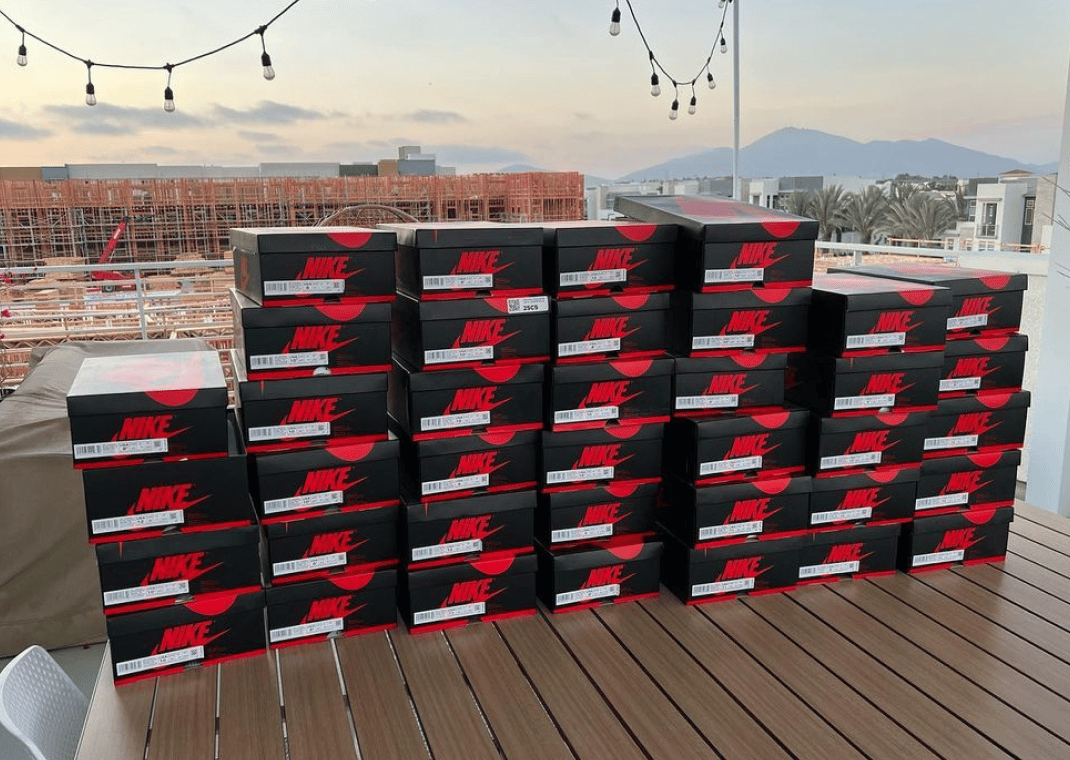
Since launching in 2016, StockX has emerged as the dominant platform for reselling sneakers, streetwear, and other collectibles. Upon receiving a funding round of $255 million in 2021, StockX was valued at $3.8 billion. Crucial to its success is the company’s authentication services, which serves to ensure buyers that they aren’t receiving fakes. StockX had sought to withhold the results of its authentication process in the case of the buyer who allegedly received fake Air Jordan 1s, with lawyers arguing that such documentation fell under work product privilege.
Given how important authentication is to StockX’s business model, it’s not surprising that the company would like to limit what information becomes public. But even if Valerie Caproni, the United States District Judge overseeing the case in a New York City federal court, were to agree with StockX’s argument, that privilege has been waived because of Amidon’s testimony.
The judge’s ruling could end up revealing more information about how StockX determines a product’s authenticity than consumers have previously known. Not only could these results help determine if StockX is at fault for facilitating the sales of fake sneakers, it could also impact how much confidence consumers have in the service StockX offers.
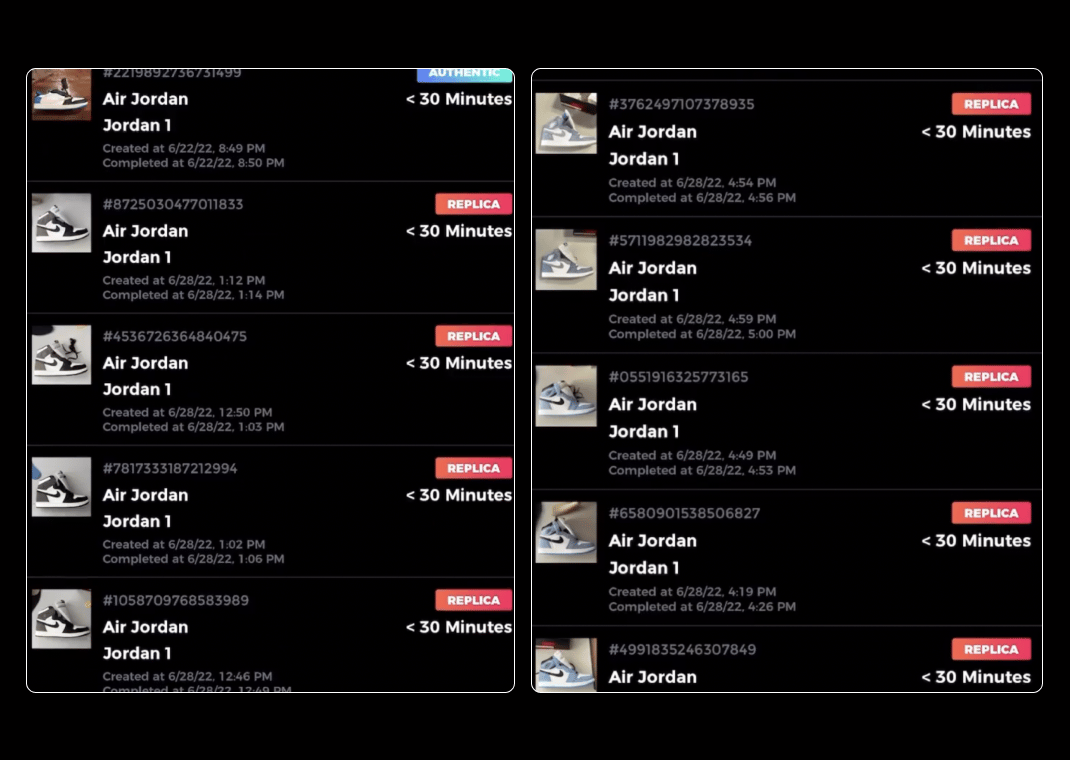
In March, @Sockjig, an established figure in the sneaker space, revealed court documents in which Nike said that it had been in contact with an anonymous buyer, later to be revealed by the name Mr. Kim, who received "at least 38" pairs of sneakers determined to be counterfeit. Nike inspected the sneakers itself to confirm they were fakes but did not take possession of the shoes. Ultimately, the shoes were returned to StockX for a full refund.
Nike’s initial lawsuit against StockX accused the resale platform of trademark infringement and trademark delusion for NFTs that it says were “blatantly freeriding, almost exclusively, on the back of Nike’s famous trademarks and associated goodwill.” As the case continued, Nike said it discovered cases of StockX allegedly facilitating the selling of fake sneakers and added claims of counterfeiting and false advertising.
For the latter claim, Nike took issue with StockX advertising “100% verified authentic products” and an authenticity accuracy rate of “99.95%.” In its filing for an amendment, Nike also said it purchased four fake sneakers through StockX that had passed authentication.
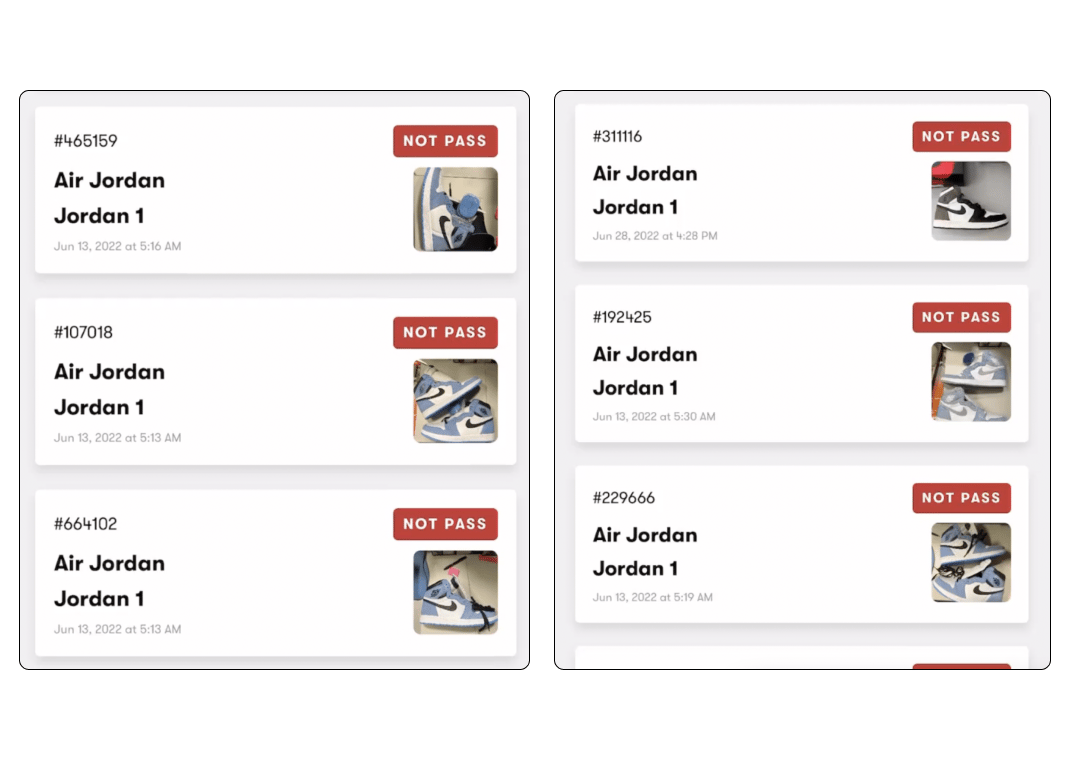
In defending itself against Nike’s claims, StockX has argued that the sportswear giant is engaging in “anticompetitive behavior [that] will stifle the secondary market, hurt consumers” and is “an affront to the entire resale market.
The results of this case could indeed have broader effects on the resale industry, be they additional lawsuits against other platforms and/or the requirement for higher standards in authentication processes. Artificial intelligence-based authentication has emerged in recent years as a promising solution, although the technology doesn’t yet appear to be widely used within the industry.
Nike’s lawsuit against StockX has now been ongoing for more than a year, but Thursday’s ruling requiring further disclosure from the resale platform may just be the most interesting and important development yet.

Ian Servantes is a writer and editor based out of Brooklyn. He's previously covered fashion, sneakers, and pop culture for outlets including Input, Highsnobiety, and Complex.
